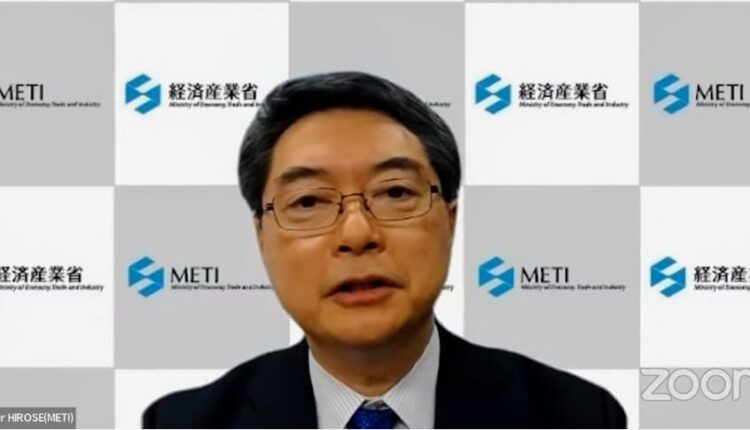Japan reminds India again: Many of 200 Japanese investment plans delayed, postponed; provide ideal biz environment to restore them
Hiroshi Kajiyama, Minister of Economy, Trade, and Industry (METI), Japan was the first in 2020 to tell India about halted projects. Hirose Naoshi, Japan’s Deputy Minister of Economy, Trade and Industry reminded India about it last month in 2021.
NEW DELHI: Hirose Naoshi, Japan’s Deputy Minister of Economy, Trade and Industry is the second senior minister from Japan to remind India that many of the ambitious Japanese investment plans for India continue to be on the tenterhooks. The minister urged the Indian government to provide an attractive business environment to restore these halted projects.
While quoting a JETRO survey launched just before the pandemic struck in 2019-20, Japan’s Deputy Minister of International Affairs, Ministry of Economy, Trade, and Industry (METI), Hirose Naoshi Japanese companies have more than 200 exciting investment plans in India, including factories construction and production line expansions.
“However, many of them have been delayed or postponed right now. The support of the Government of India is important to restore these projects,” the minister added while addressing a CII summit in December 2021.
Prior to him in May 2020, Hiroshi Kajiyama, Minister of Economy, Trade, and Industry (METI), Japan was the first to disclose that Japanese companies had more than 200 exciting investment plans in India, and also had indicated that those projects were slow-paced and required Indian’s government willingness to provide a more congenial business environment to attract such investment projects from Japan.

Hiroshi Kajiyama had said this while interacting with the team of Indian bureaucrats led by Piyush Goyal, Union Minister of Railways and Commerce & Industry, at the Invest India Exclusive Investment Forum – Make in India: Japan Roadshow 3.0, Digital Edition.
Flanked by a battery of top ministry officials including Shigehiro Tanaka, Vice Minister, METI; Nobuhiko Sasaki, Chairman, JETRO; Kenji Sugino, Secretary-General, Japan Chamber of Commerce and Industry in India (JCCII), Hiroshi Kajiyama also had asked the Indian government to create an attractive business environment, and lend support to these companies to increase investment projects in India.
However, nothing much has changed in India in the last two years, which have been marred with issues like the Covid-19 pandemic, and other domestic political issues the BJP-led Indian government has been engaged in during this time.
Hirose Naoshi, Japan’s Deputy Minister, METI during his virtual address at the CII Partnership Summit in December 2021, said, “It’s a widely shared perspective that India is no longer a market but also an export base. But attracting FDI is highly competitive in the global economy, and in order for foreign companies to select India as an investment destination for exports, it is very important to provide an attractive business environment. India needs to maintain openness in the international market to attract foreign direct investment and provide an attractive business environment.”
On this occasion, Japan’s Ambassador to India Satoshi Suzuki also said investments by Japanese companies have not yet lived up to the expectations given India’s true potential.
“Considering the actual potential of India, I have to say that the investment of Japanese companies is not sufficient yet. For more investments to come to India from Japan, it is indispensable for the Government of India to take a lead to further improve the business environment. The Government of Japan, on its part, intends to continue to actively utilize various frameworks and schemes to enhance the economic relationship between our countries,” Suzuki said.
The ambassador said that due to the COVID-19 restrictions, the global supply chain was severely affected, leading to the high cost of procurement, shortage of semiconductors, and rising oil prices, leading to increased manufacturing and sales in many countries.
India has a total of 1455 Japanese companies operating here.
While quoting a JETRO survey, the ambassador, “Despite the various challenges in the global economy, approximately 70% of the 281 Japanese companies, which have already invested in India, are poised to expand their business activities in the country in coming one or two years. This is yet another positive sign of the expectation that Japanese companies have in India.”

ACN


